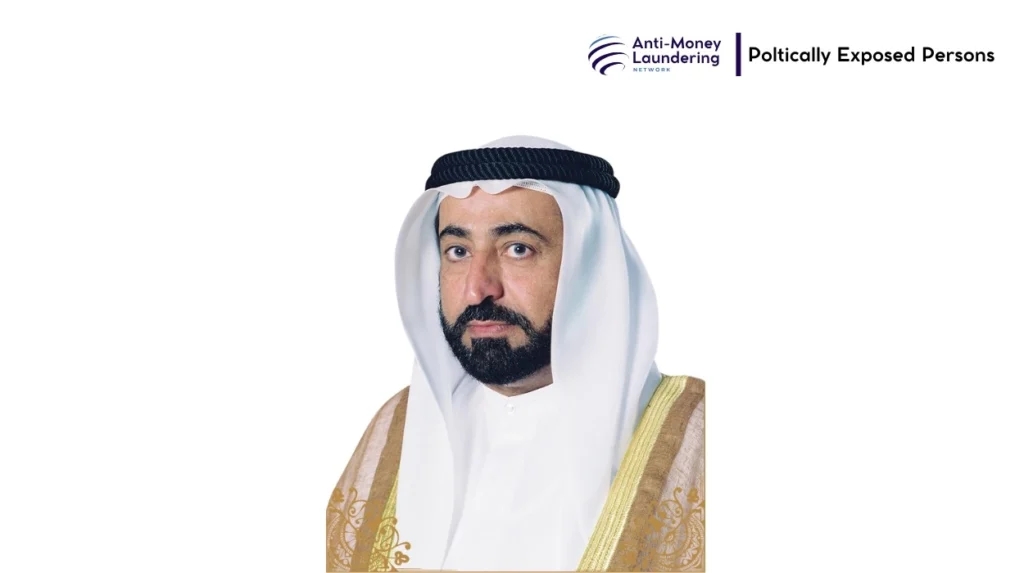Sheikh Sultan bin Muhammad Al Qasimi’s tenure as the ruler of Sharjah unfolds within a political system marked by entrenched elite control and limited transparency. Despite the UAE’s formal anti-corruption frameworks, systemic weaknesses and political protections often shield ruling families from accountability, fostering an environment conducive to financial misconduct and illicit wealth concealment. Sharjah’s governance mirrors wider regional patterns, where state-linked institutions and opaque offshore networks enable politically exposed persons to exploit their authority, undermining the principles of transparency and rule of law critical to genuine anti-corruption efforts. This profile critically examines Sheikh Sultan’s role amid these dynamics, exposing the structural impunity that facilitates elite financial abuses under his reign.
Sheikh Sultan bin Muhammad Al Qasimi, as the long-standing ruler of Sharjah, occupies a position of substantial political power and influence in the UAE. Despite no verified direct allegations or sanctions against him personally, the governance system in Sharjah and the UAE broadly enables ruling elites to operate under conditions of minimal transparency and accountability. This environment permits the probable hiding or channelling of illicit wealth through state-linked or offshore financial networks, consistent with broader documented practices of some Gulf royal families. The systemic lack of judicial or regulatory scrutiny in Sharjah facilitates elite impunity, undermining transparency and enabling the abuse of power for financial misconduct. Sheikh Sultan’s profile as a PEP should therefore be considered high risk in terms of potential indirect exposure to money laundering and financial crime through the political context in which he operates.

